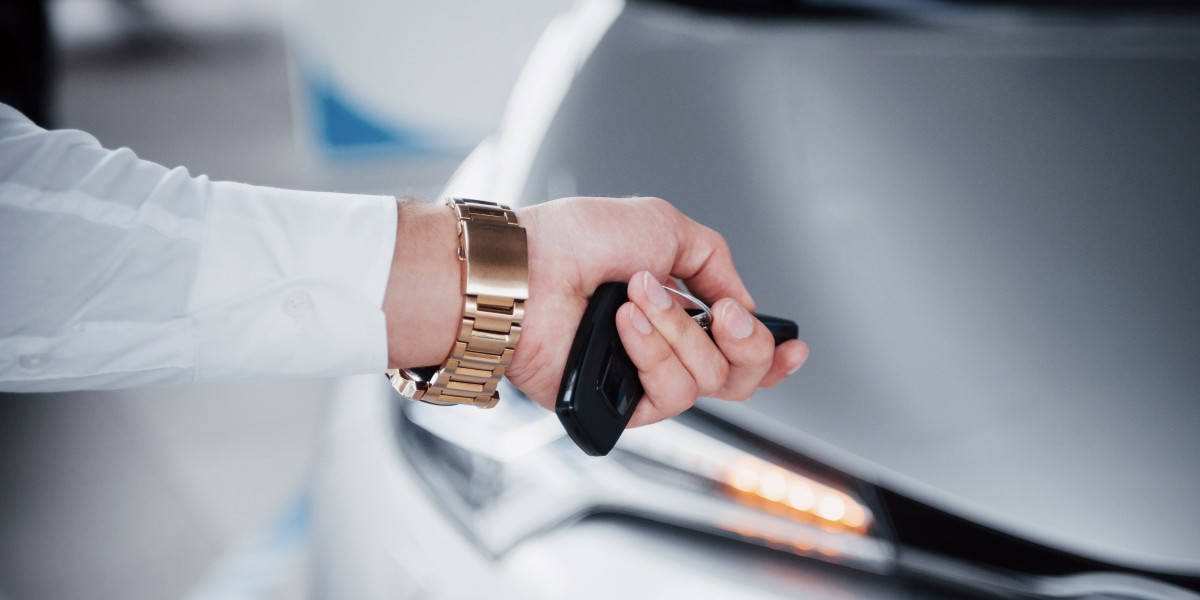Understanding Replacement Keys: Your Guide to Key Duplication and Replacement Options
Keys are an essential part of daily life, functioning as the gateways to our homes, vehicles, and other secured areas. However, losing or harming a key can lead to considerable inconvenience and expenditures. Replacement keys provide a practical service, however the procedure can differ depending on the kind of key and the company. This short article will check out the various types of keys, the replacement procedure, and offer important details to assist you browse the world of key duplication and replacements.
Tabulation
- Introduction
- Types of Keys
- 2.1 Traditional Keys
- 2.2 Transponder Keys
- 2.3 Key Fobs
- 2.4 Smart Keys
- The Replacement Process
- 3.1 DIY vs Professional Replacement
- 3.2 Cost Considerations
- Often Asked Questions
- Conclusion
1. Introduction
Replacement keys are essential in circumstances where the initial key is lost, taken, or damaged. Comprehending your choices and the replacement process can save time, money, and stress. Whether you need an easy metal key or a sophisticated electronic key, understanding the best steps can lead you to the best solution.
2. Types of Keys
Keys been available in various kinds, each corresponding to different locking systems. Here are the most common kinds of keys:
2.1 Traditional Keys
Conventional keys are usually made from metal and have a simple design. They are frequently utilized for property doors and simple locks.
- Pros: Easily duplicated, cost-effective.
- Cons: Can be easily lost or replicated, less secure than modern-day options.
2.2 Transponder Keys
Transponder keys are geared up with a chip that communicates with the vehicle's ignition system. They offer additional security against unauthorized use.
- Pros: Enhanced security, difficult to duplicate without proper devices.
- Cons: More expensive to replace, might require programs.
2.3 Key Fobs
Key fobs are remote gadgets typically utilized for keyless entry in automobiles. They might consist of extra functions such as panic buttons or trunk release.
- Pros: Convenience of keyless entry, includes beyond just locking/unlocking.
- Cons: Higher replacement costs, might require dealer services.
2.4 Smart Keys
Smart keys use advanced innovation, typically allowing access without eliminating the key from your pocket or bag. These keys communicate wirelessly with the vehicle.
- Pros: Highly hassle-free, integrated with advanced security functions.
- Cons: Expensive, can be challenging to replace if lost.
| Type | Pros | Cons |
|---|---|---|
| Standard Keys | Easily duplicated, cost-efficient | Quickly lost, less secure |
| Transponder Keys | Boosted security | Expensive to replace |
| Key Fobs | Practical, additional functions | Higher replacement costs |
| Smart Keys | Extremely convenient | Very costly |
3. The Replacement Process
The procedure of getting a replacement key varies based on the kind of key and where you choose to choose replacement. Below are the main options:
3.1 DIY vs Professional Replacement
- DIY Replacement:
- Use key duplication sets available at hardware shops.
- Program transponder keys using devices that might be rented or acquired.
- Professional Replacement:
- Visit a locksmith for conventional keys.
- For high-tech keys (like fobs or clever keys), it may be essential to go to a dealership or specialized service provider.
3.2 Cost Considerations
The expense of replacement keys can differ considerably based upon the type:
- Traditional Keys: ₤ 1-₤ 5 per key.
- Transponder Keys: ₤ 50-₤ 150 per key (consisting of programming).
- Key Fobs: ₤ 50-₤ 300 or more, depending upon the design and features.
- Smart Keys: ₤ 200-₤ 600, typically depending on car dealership fees and programming.
Expense Comparison Table
| Key Type | Estimate Cost | Where to Replacement |
|---|---|---|
| Traditional Keys | ₤ 1-₤ 5 | Local hardware stores |
| Transponder Keys | ₤ 50-₤ 150 | Locksmith professionals or car dealerships |
| Key Fobs | ₤ 50-₤ 300 | Dealers |
| Smart Keys | ₤ 200-₤ 600 | Dealers |
4. Often Asked Questions
Q1: How can I get a replacement key for my car?
To get a replacement key for your car, call your car dealership, a qualified locksmith professional, or a specialized key service. You might need to offer ownership proof, such as registration.
Q2: Are all keys quickly replicated?
Not all keys how can i get a replacement key for my car be duplicated easily. Traditional keys can be quickly copied, while transponder keys and clever keys might need specialized equipment or programs, making them more difficult and more costly to replicate.
Q3: What should I do if I lose my last key?
If you lose your last key, it's suggested to call a locksmith or your dealership instantly. Having your vehicle recognition number (VIN) or proof of ownership prepared will expedite the replacement procedure.

Q4: Can I replace a smart key in your home?
Usually, clever keys need professional support to replace, as they often include programs that can't be done using DIY approaches. Going to a dealer is recommended.
5. Conclusion
The world of replacement keys encompasses a range of alternatives, each with its factors to consider concerning cost, ease of access, and benefit. Knowing the distinctions between traditional and electronic keys, along with comprehending the replacement process, can considerably ease the burden of losing or damaging your keys. Needs to the regrettable scenario occur where a key is lost or harmed, being notified about your alternatives ensures a smoother replacement experience.








